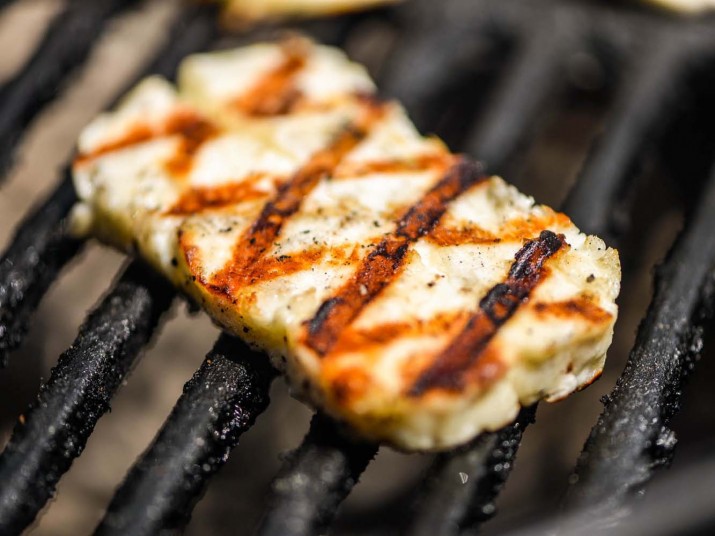The end of cheese wars
EU grants protected status for halloumi/hellim to both communities

A long-running feud over a chewy Cypriot cheese appears to be over after European protected status was granted to both sides.
In a move that will satisfy both producers on all sides of the island, the protected designation of origin (PDO) status will be granted to the cheese produced under both Greek and Turkish labels.
European Commission President Jean-Claude Juncker said:
“This step demonstrates the commitment of both communities of Cyprus to work together on projects unifying the whole island,” said Jean-Claude Juncker, the European Commission president, announcing the deal.
“I would like to commend and pay tribute to the two Leaders for their efforts that make possible this outcome.
“Halloumi/Hellim cheese symbolises the shared heritage of the island of Cyprus. It is a tradition which has linked the communities living here for centuries.”
PDOs are used to restrict the manufacturing of products to a particular region and prevent copycat items. Numerous examples are in force across the European Union today: no sparkling wine other than those produced in France’s Champagne region can be described as such, while stilton cheese can only be made in Derbyshire, Leicestershire or Nottingham.
In a statement on Tuesday the commission said: “This cheese is the most prominent product of Cyprus and of significant value for its economy. The Commission considers that the application fulfills the conditions of the Quality Regulation for registering the names ‘Χαλλουμι’ (Halloumi)/‘Hellim’ as PDO.”
Turkish Cypriots had argued that granting an exclusive PDO to the Greek-led Republic of Cyprus could prevent Turks from using the “halloumi” label on the cheese it produces.
Welcoming the new deal, Turkish Cypriot president Mustafa Akıncı said the deal would be overseen by an independent international company because the two sides’ agriculture ministers have no jurisdiction over one another.
In comments quoted by the Cyprus Mail Mr Akıncı said the company, Bureau Veritas, “will be in direct contact with the Turkish Cypriot producers, prepare reports and send them to the EU.
“Our hellim is of a good quality but if after inspections there are deficiencies we should take the necessary steps to protect the quality and pass the controls.”
“However I hope that with a [Cyprus] solution we will be able to remove all these problems,” he added.









